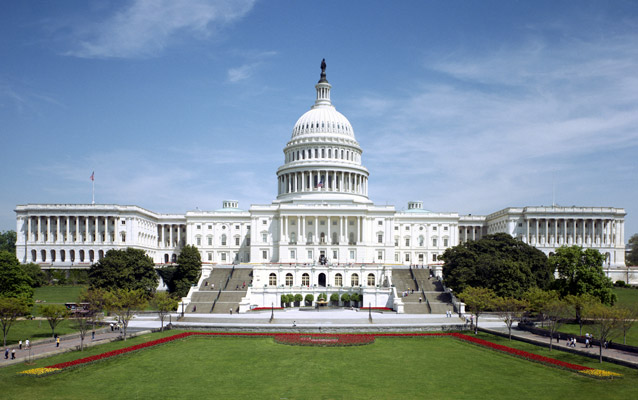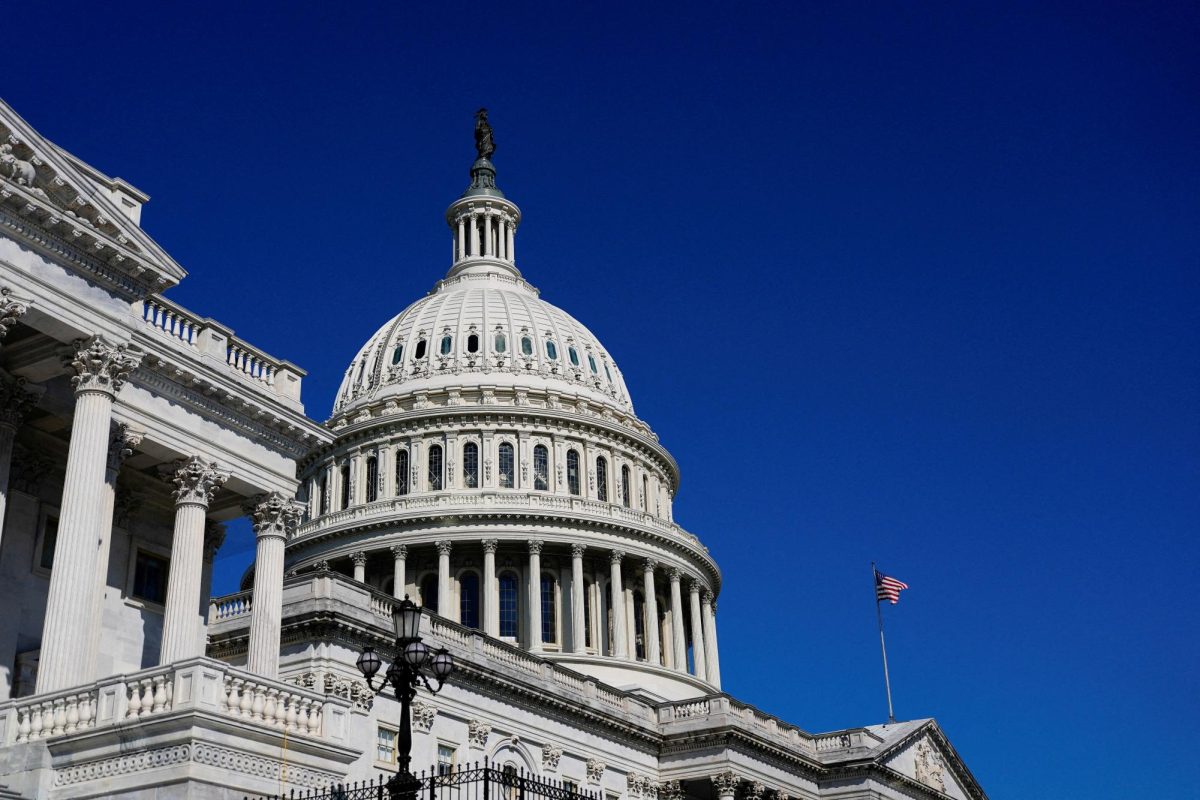As the 2024 election draws closer, people are once again debating the Electoral College. It should be abolished.
The main argument against the Electoral College is that sometimes, the popular vote does not match the Electoral College vote.
The most recent and biggest example of this is the 2016 presidential election, in which Hillary Clinton won the popular vote by almost 3 million votes but lost the Electoral College and as a result, the 2016 election. The next largest example came in 2000, when George W. Bush lost the popular vote by half a million and still won the electoral vote.
Another problem is that the current system gives all of a state’s electoral votes to the candidate who gets the most votes – regardless of whether a candidate wins a state by one vote or 1 million votes. A majority of people could have voted for a candidate throughout many states, but because the margin of victory for each state does not matter, candidates could have fewer votes overall, but more state victories and electoral votes.
This explains the 2016 election: Donald Trump won 30 states and Clinton won 20, so he got more electoral votes, even though Clinton won the popular vote.
Another issue is that the census, which determines the number of House votes a state gets, can quickly become outdated. The census is taken every 10 years, and many political and governmental agencies use the census, even if it may be nine years outdated.
An argument against abolishing the Electoral College in favor of the popular vote is that it would be unfair to Republicans. Because bigger states such as California and New York tend to be more Democratic, Republicans would not win, the argument goes.
However, those who ran under the Republican Party have won the popular vote 20 times, so saying future Republicans would never win ignores previous elections.
Also, shouldn’t the candidate favored by a majority of the country be elected president?
There are many valid arguments against the Electoral College, and many people are in agreement that it should be abolished.














